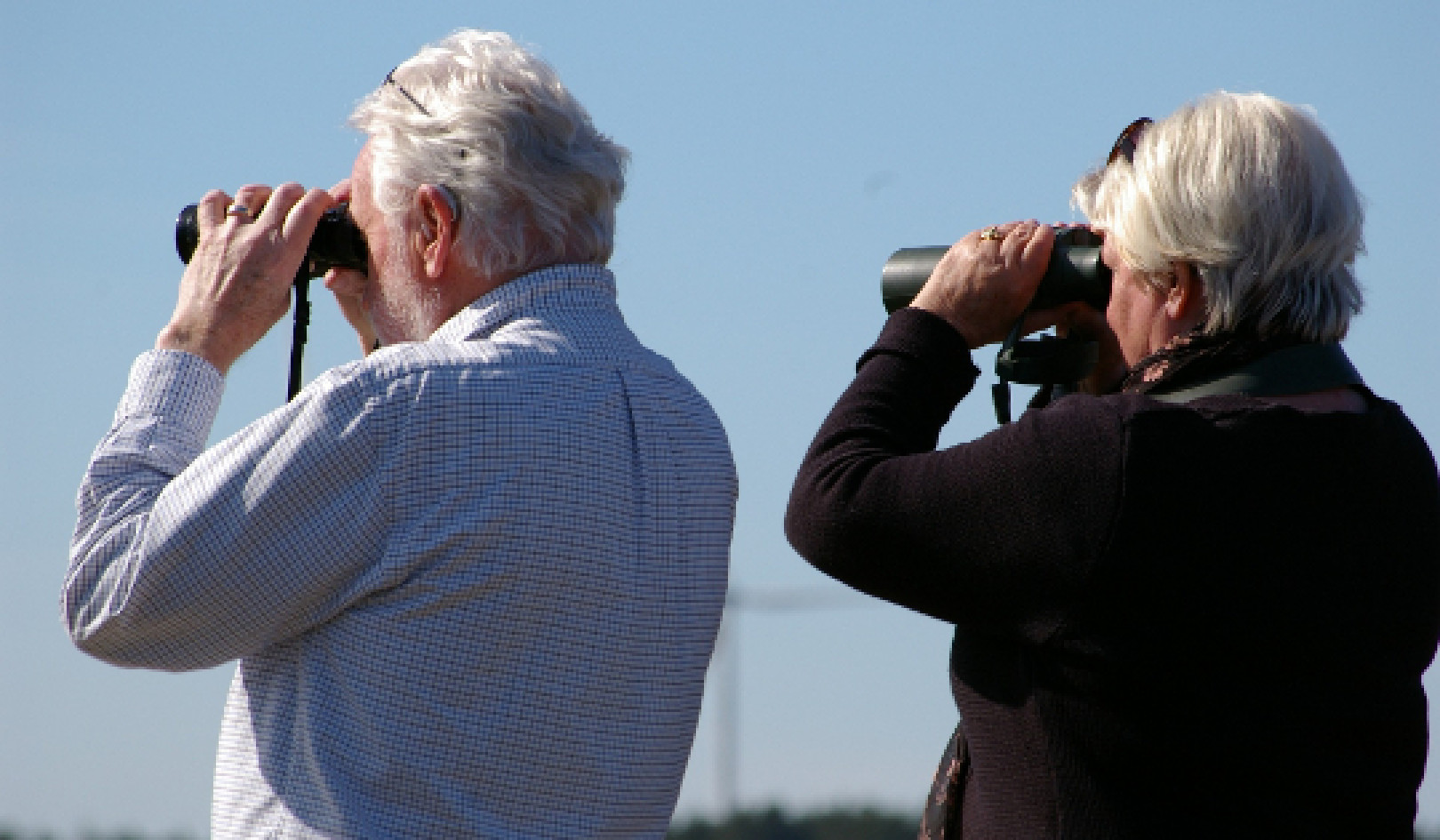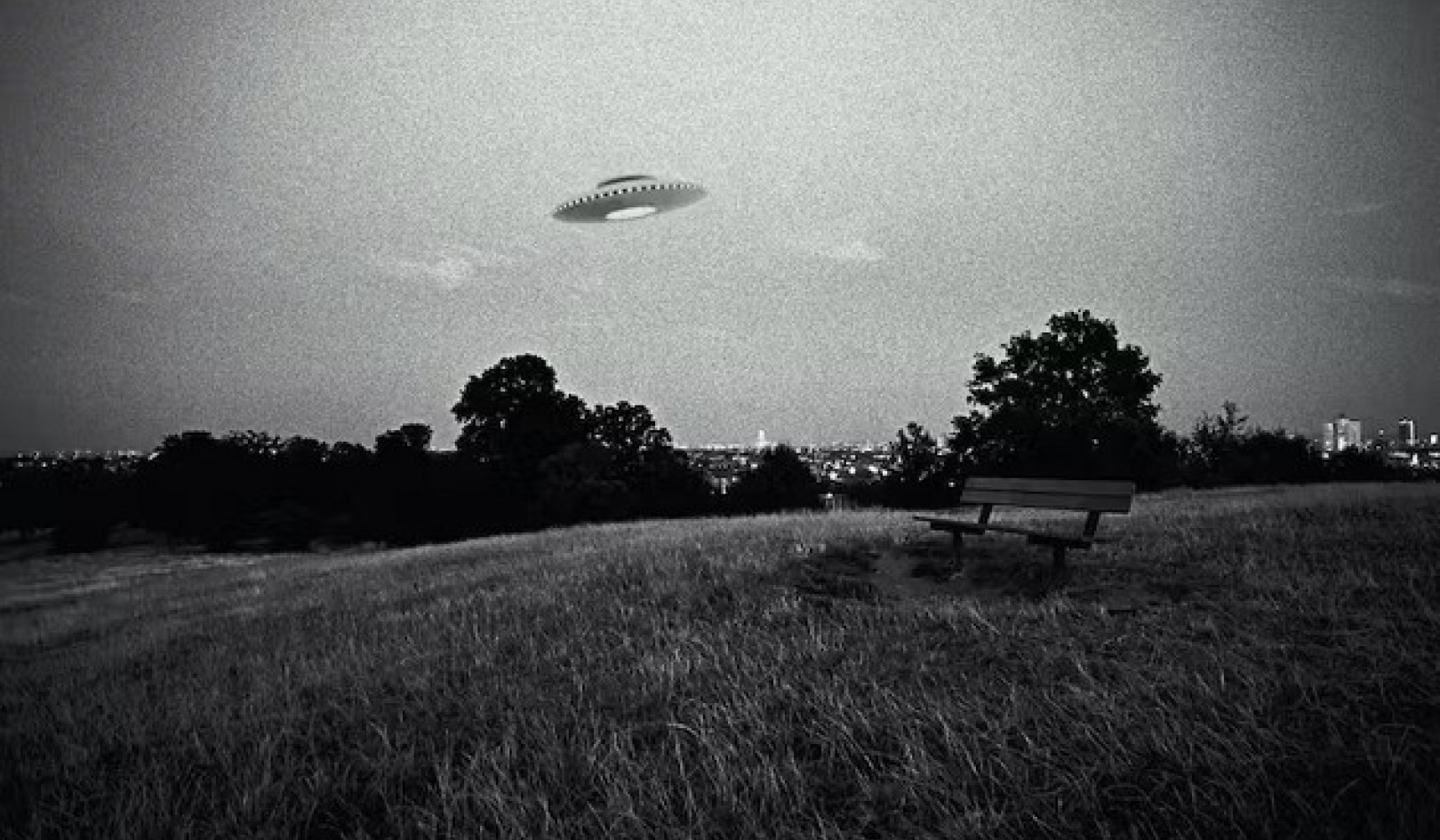
When we cheer the spirit of the true athlete, what we applaud is a demonstration of all of the significance's the word spirit entails for us: courage, tenacity, commitment, alignment with principle, demonstration of excellence, honor, respect, and humility. To inspire implies filling with spirit; dispirited means dejected, hopeless, defeated. But what exactly does the term spirit signify?
The collective totality of human experience can be comprehended in phrases such as "team spirit" or when we exhort people to "get in the spirit." That spirit is a highly pragmatic factor, which can determine the difference between victory and defeat, is well known by military commanders, coaches, and CEOs. An employee or other group member who doesn't enter into the spirit of the group enterprise soon finds himself without a job or group.
So it's clear that spirit refers to an unseen essence, which never changes, even though its expression varies from one situation to another. This essence is vital; when we lose our spirit, we die -- we expire from lack of that which inspires.
Clinically speaking, then, we can say that spirit equates with life; the energy of life itself can be termed spirit. Spirit is the aliveness that accompanies, and is an expression of, alignment with life energy. True power = life = spirit, whereas force = weakness = death. When an individual has lost or lacks those qualities we term spiritual, he becomes devoid of humanity, love, and self-respect; he may even become selfish and violent. When a nation veers from its alignment with the spirit of man, it can become an international criminal.
It's a common error to identify spirituality with religion. The United States Constitution, the Bill of Rights, and the Declaration of Independence clearly differentiate between the spiritual and the religious. The United States government is forbidden to establish any religion, lest it impair the freedom of the people; yet these same documents presume that government's authority derives from spiritual principles.
In fact, the founders of the world's great religions would be shocked at the profoundly unspiritual deeds wrought in their names through history -- many of which would make a heathen shudder. Force always distorts truth for its own self-serving purposes. Over time, the spiritual principles upon which religions are based become distorted for expedient ends, such as power, money, and other worldliness.
The spiritual is tolerant, yet religiosity is commonly intolerant; the former leads to peace, the latter to strife, bloodshed, and pious criminality. There remains, however, buried within every religion, the spiritual foundation that it originated from. Like religions, entire cultures are weakened when the principles that they're based upon are obscured or contaminated by false interpretation.
To more fully understand the nature of spirit in power and how it originates and operates as a social movement, we'll do well to study a contemporary spiritual organization of enormous power and influence -- about which everything is of public record -- one that's avowedly aligned with the spirit of man, yet flatly states that it is not religious. That is the 55-year-old organization known as Alcoholics Anonymous (AA).
The Power of 12-Step Programs
We all know something about Alcoholics Anonymous, because its adherents number in the millions, but also because it has become woven into the very fabric of modern society. AA and its offshoot organizations have been estimated to affect, in one way or another, the lives of about 50 percent of Americans at this time.
Even where the 12-step-based self-help groups don't enter lives directly, they affect everyone indirectly because they reinforce certain values by example. Let's study the power principles that AA is based upon and how this foundation came about historically, and examine the impact that these principles have within the general population, as well as among members. We can look at what AA is and also what it is not, and learn from both.
According to its preamble, AA is "not allied with any sect, denomination, politics, or organization." In addition, it has "no opinion on outside matters." It's neither for nor against any other approach to the problem of alcoholism. It has no dues or fees, no ceremonies, trappings, officers, or laws. It owns no property; it has no edifices. Not only are all members equal, but all AA groups are autonomous and self-supporting. Even the 12 basic steps by which members recover are specified as only "suggestions." The use of coercion of any kind is avoided and is emphasized by slogans such as "One day at a time," "Easy does it," "First things first," and, most important, "Live and let live."
Alcoholics Anonymous respects freedom, in that it leaves choice up to the individual. Its identifiable power patterns are those of honesty, responsibility, humility, service, and the practice of tolerance, goodwill, and brotherhood. AA doesn't subscribe to any particular ethic, has no code of right and wrong or good and bad, and avoids moral judgments.
AA doesn't try to control anyone, including its own members. What it does instead is chart a path. It merely says to its members, "If you practice these principles in all of your affairs, you'll recover from this grave and progressive fatal illness, and regain your health and self-respect, and the capacity to live a fruitful and fulfilling life for yourself and others."
AA is the original example of the power of these principles to cure hopeless disease and change the destructive personality patterns of members. From this paradigm came all subsequent forms of group therapy, through the discovery that groups of people coming together on a formal basis to address their mutual problems have enormous power: Al-Anon for the spouses of AA members; then Alateen for their children; then Gamblers Anonymous, Narcotics Anonymous, Parents Anonymous, Overeaters Anonymous, and so on.
There are now close to 300 anonymous 12-step self-help organizations dealing with every form of human suffering. Americans, as a result of all of this, have now largely turned from condemning self-destructive behaviors to recognizing that these conditions are indeed curable diseases.
From a practical viewpoint, the sizable impact of self-help organizations on society can be counted on, not only in the relief of human suffering and the reconstitution of families, but in savings of billions of dollars. Absenteeism, automobile insurance rates, welfare, health care, and penal system costs are all greatly moderated by the widespread behavioral change produced by this movement. The cost of state-provided counseling and group therapy alone for the millions of troubled individuals served would be staggering.
By the millions, the members of these organizations unanimously agree that admitting the limitations of their individual egos allowed them to experience a true power, and that it's that power that brought about their recovery -- which hither to nothing on Earth, including medicine, psychiatry, or any branch of modern science, had been able to do.
The History of Alcoholics Anonymous
We can make some important observations from the story of how the prototype 12-step organization, Alcoholics Anonymous, came into existence. Back in the 1930s, alcoholism was accepted, as it had been over the centuries, as a hopeless, progressive disease that had baffled medical science and religion as well. (In fact, the prevalence of alcoholism among the clergy itself was alarmingly high.) All forms of drug addiction were thought to be incurable, and when they reached a certain stage, victims were simply "put away."
In the early 1930s, a prominent American businessman (known to us as Rowland H.), had sought every cure for his alcoholism, without avail. He then went to see the famous Swiss psychoanalyst Carl Jung for treatment. Jung treated Rowland H. for approximately a year, by which time he'd achieved some degree of sobriety. Rowland returned to the United States full of hope ... only to fall ill again with active alcoholism.
Rowland went back to Switzerland to see Jung again and ask for further treatment. Jung humbly told him that neither his science nor art could help him further, but that throughout man's history -- rarely, but from time to time -- some who had abandoned themselves completely to some spiritual organization and surrendered to God for help had recovered.
Rowland returned to the United States dejected, but he followed Jung's advice and sought out an organization of that time called the Oxford Groups. These were groups of individuals who met regularly to discuss living life according to spiritual principles, very much like those adopted later by AA. Through these means, Rowland in fact recovered, and his recovery was a source of astonishment to another concerned party named Edwin T., or "Ebby," who was also a desperate alcoholic beyond all help. When Rowland told Ebby of how he had recovered, Ebby followed suit and also got sober.
The pattern of one person helping another with the same problem then extended from Ebby to his friend Bill W., who had been hospitalized frequently for hopeless, incurable alcoholism and whose condition was medically grave. Ebby told Bill that his recovery was based on service to others, moral housecleaning, anonymity, humility, and surrendering to a power greater than himself.
Bill W. was an atheist, and found the idea of surrendering to a higher power unappealing, to say the least. The whole idea of surrender was abhorrent to Bill's pride; consequently, he sank into an absolute, black despair. He had a mental obsession with, and a physical allergy to, alcohol -- which condemned him to sickness, insanity, and death, a prognosis that had been clearly spelled out to him and his wife, Lois. Ultimately, Bill gave up completely; at this point he had the profound experience of an infinite Presence and Light and felt a great sense of peace. That night, he was finally able to sleep, and when he awoke the next day, he felt as though he'd been transformed in some indescribable way.
The efficacy of Bill's experience was confirmed by Dr. William D. Silkworth, his physician at what was then Town's Hospital, on the west side of New York City. Silkworth had treated more than 10,000 alcoholics and, in the process, had acquired enough wisdom to recognize the profound importance of Bill's experience. It was he who later introduced Bill to the great psychologist William James's classic book, The Varieties of Religious Experience.
Bill wanted to pass his gift on to others, and as he himself said, "I spent the next few months trying to sober up drunks, but without success." Eventually, he discovered that it was necessary to convince the subject of the hopelessness of his condition -- in modern psychological terms, to overcome his denial. Bill's first success was Dr. Bob, a surgeon from Akron, Ohio, who turned out to have a great aptitude for the spiritual -- he later became a cofounder of AA. Until his death in 1956, Dr. Bob never took another drink (neither did Bill W., who died in 1980.)
The enormous power that was realized through Bill W.'s experience has manifested itself externally in the millions of lives that have been transformed because of it. In Life's listing of the 100 greatest Americans who ever lived, Bill W. is credited with being the originator of the entire self-help movement.
The story of Bill W. is typical of individuals who have been channels of great power -- the principles they convey in a brief career reorder the lives of millions over long periods of time. Jesus Christ, for instance, taught for only three short years, and yet his teachings transformed all of Western society for the generations since; man's encounter with these teachings lies at the center of Western history for the last 2,000 years.
The power of a principle remains unchanged throughout time. Whether we fully understand them or not, these principles are the ideals for which mankind strives. From our own struggles to better ourselves, we learn compassion for those still in the grip of inner conflict; out of this grows a wisdom, including compassion, for the entire human condition.
Reprinted with permission of the publisher,
Hay House Inc. ©1995, 1998, 2002, 2012.
All Rights Reserved. www.hayhouse.com.
Article Source:
Power vs. Force: The Hidden Determinants of Human Behavior
by David R. Hawkins.
 David R. Hawkins details how anyone may resolve the most crucial of all human dilemmas: how to instantly determine the truth or falsehood of any statement or supposed fact. Dr. Hawkins, who worked as a "healing psychiatrist" during his long and distinguished career, uses theoretical concepts from particle physics, nonlinear dynamics, and chaos theory to support his study of human behavior. This is a fascinating work that will intrigue readers from all walks of life!
David R. Hawkins details how anyone may resolve the most crucial of all human dilemmas: how to instantly determine the truth or falsehood of any statement or supposed fact. Dr. Hawkins, who worked as a "healing psychiatrist" during his long and distinguished career, uses theoretical concepts from particle physics, nonlinear dynamics, and chaos theory to support his study of human behavior. This is a fascinating work that will intrigue readers from all walks of life!
Info/Order this book (new revised edition/different cover)..
About the Author
Dr. David R. Hawkins is a renowned lecturer and expert on mental processes. A lifetime member of the American Psychiatric Association, he began work in psychiatry in 1952. Since relinquishing his extensive New York practice for a life of research, he continues spiritual teaching. Dr. Hawkins is the author of numerous scientific papers and videotapes; in 1973 he co authored-the innovative work Orthomolecular Psychiatry with Nobel Prize winner Linus Pauling. Dr. Hawkins is currently the director of The Institute for Advanced Theoretical Research.
More books by this author
at InnerSelf Market and Amazon
























